Biographies of the speakers
International Symposium: Colonial Memory, Wounded Civilisation

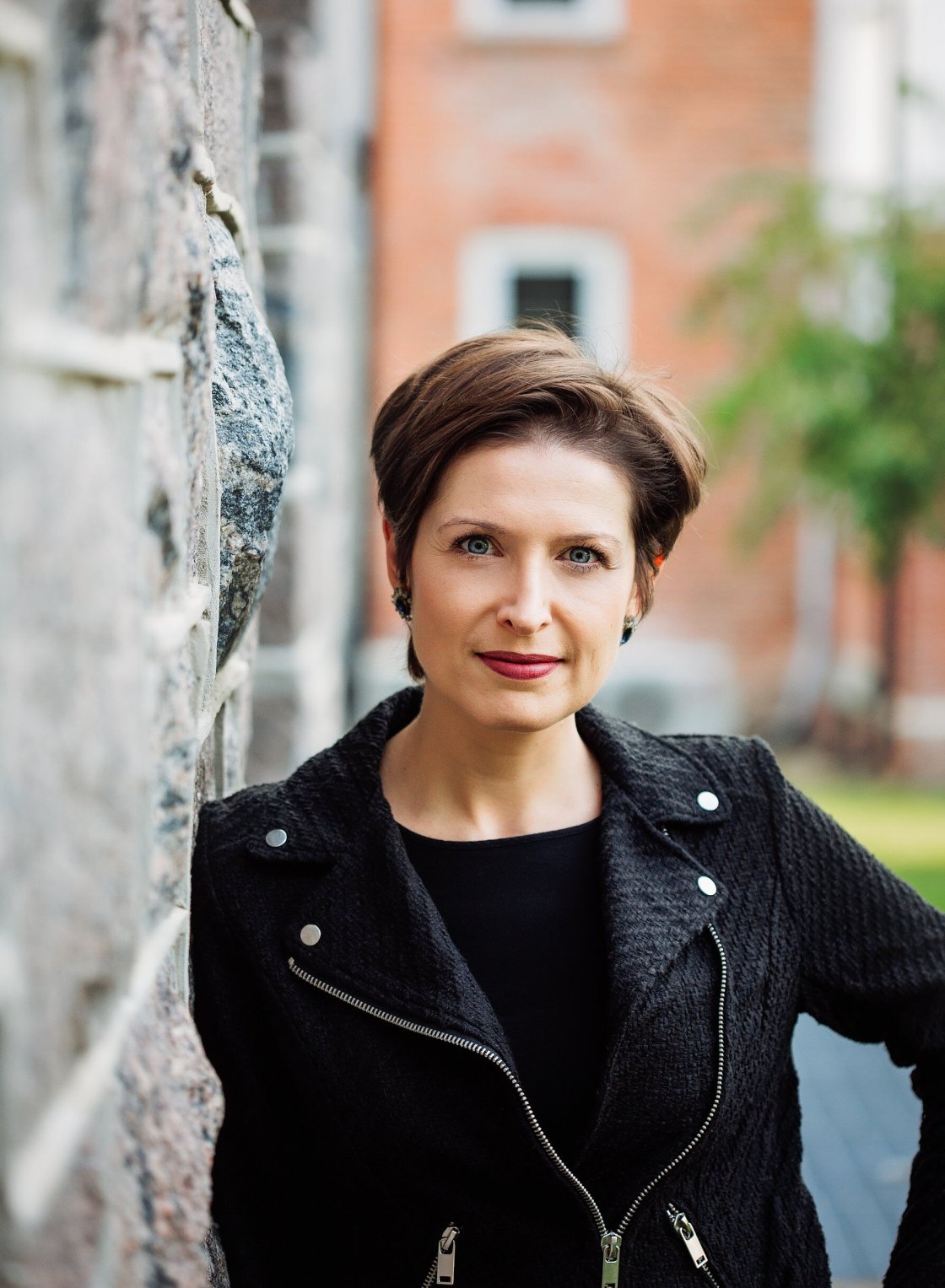
Alba Campo Rosillo
Is co-curator of the exhibition Colonial Memory in the Thyssen-Bornemisza Collections. She has a PhD in Art History from the University of Delaware, where she wrote her doctoral thesis on “Artistry and Industry: The Portraiture of George Peter Alexander Healy (1830–1871)”. Campo has held various research, curatorial and educational positions at the Museo Nacional Thyssen-Bornemisza, the Philadelphia Museum of Art, the Pennsylvania Academy of the Fine Arts, the Winterthur Museum, the Delaware Art Museum, the Netherlands Institute for Cultural Heritage and the Netherlands Institute for Art History. She has also taught at the universities of Illinois and Delaware in the United States and the Madrid campuses of the University of Saint Louis and Schiller International University. Finally, she has received research grants from the National Gallery of Art and the National Portrait Gallery, both in the United States, and the Prins Bernhard Cultuurfonds in the Netherlands, among other institutions.
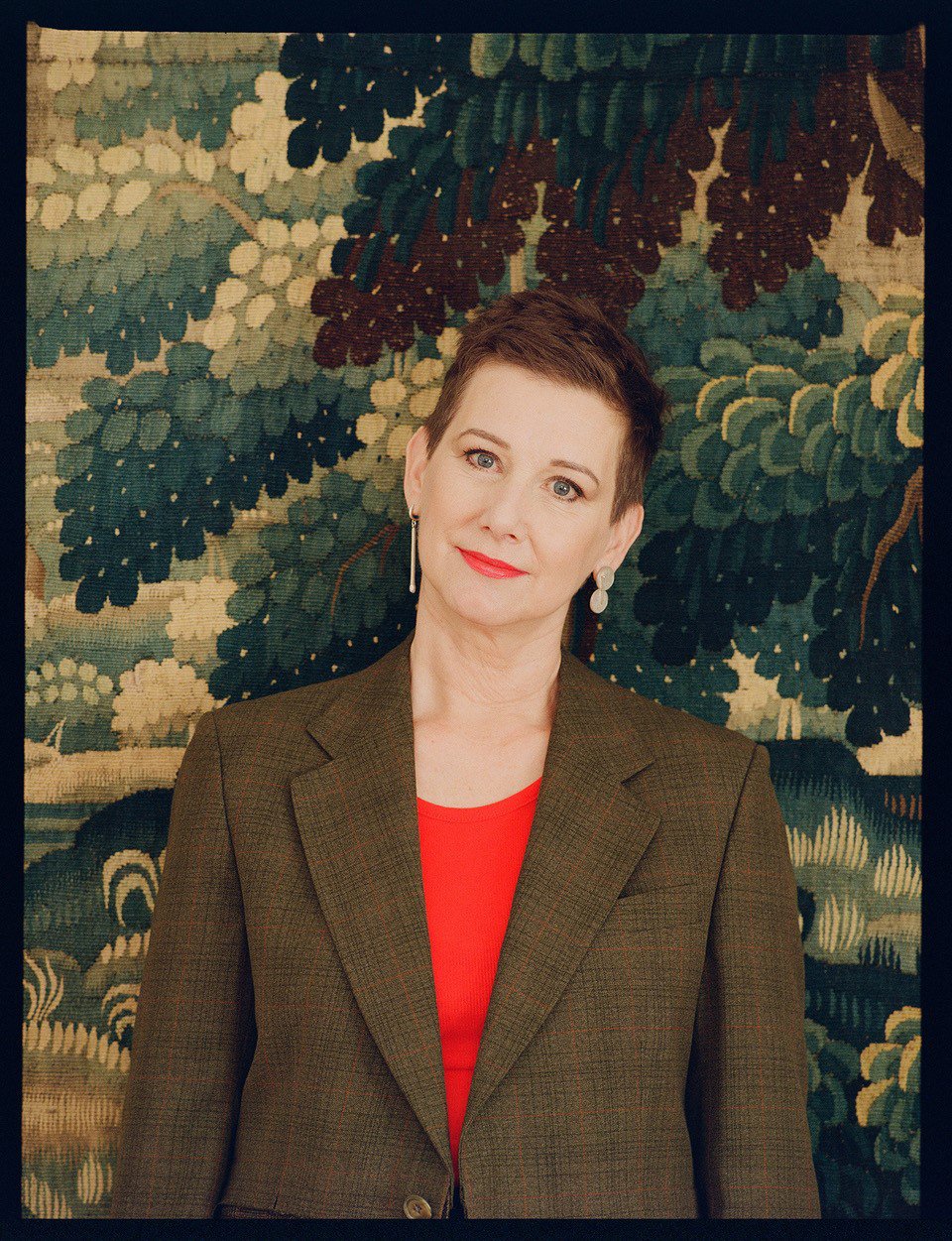
Clémentine Deliss
Works across the borders of contemporary art, critical anthropology, curatorial practice, and publishing. She is Curator at Large at KANAL-Centre Pompidou in Brussels, where she is expanding her Metabolic Museum-University (mm-u.online) in relation to collections in Brussels. She holds an honorary Global Humanities Professorship in History of Art, University of Cambridge. Between 2020-23, she was Associate Curator at KW Institute for Contemporary Art Berlin. Her exhibition at KW, Skin in the Game, included seminal prototypes by artists Ruth Buchanan, Otobong Nkanga, Collier Schorr, Rosemarie Trockel, Joëlle Tuerlinckx and Andrea Zittel. Between 2010-15, she was Director of the Weltkulturen Museum in Frankfurt/Main, where she instituted a new trans-disciplinary lab to remediate collections within a post-ethnological paradigm, working with a wide range of artists, lawyers, and writers including Otobong Nkanga, Luke Willis Thompson, Antje Majewski, Thomas Bayrle, Tom McCarthy, and El Hadji Sy. Her book The Metabolic Museum (2020) published by Hatje Cantz, came out in Russian translation in 2021 (Garage Museum), and in Spanish in March 2023 (Caniche Editorial, Madrid). Her recent book Skin in the Game. Conversations on Risk and Contention was published in December 2023 by Hatje Cantz/KW. She lives in Berlin.
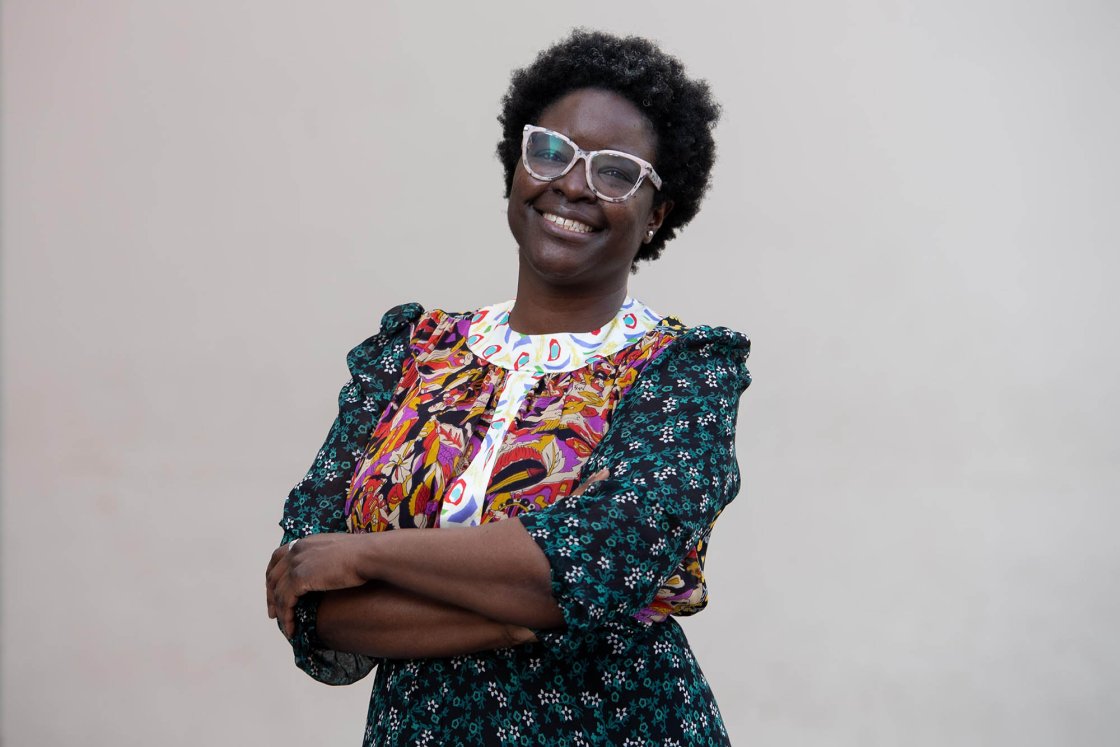
Elvira Dyangani Ose
Is director of the Museu d’Art Contemporani de Barcelona (MACBA). She was director and chief curator of The Showroom in London, a lecturer in Visual Cultures at Goldsmiths, University of London, and member of The Thought Council at Fondazione Prada. Previously, Dyangani Ose had been curator of the Göteborg International Biennial for Contemporary Art; curator of international art at Tate Modern, London; artistic director of Rencontres Picha-Lubumbashi Biennial, Democratic Republic of the Congo; curator of contemporary art the Centro Andaluz de Arte Contemporáneo (CAAC), Seville; senior curator at Creative Time, New York; and curator of contemporary art at the Centro Atlántico de Arte Moderno (CAAM), Las Palmas de Gran Canaria.
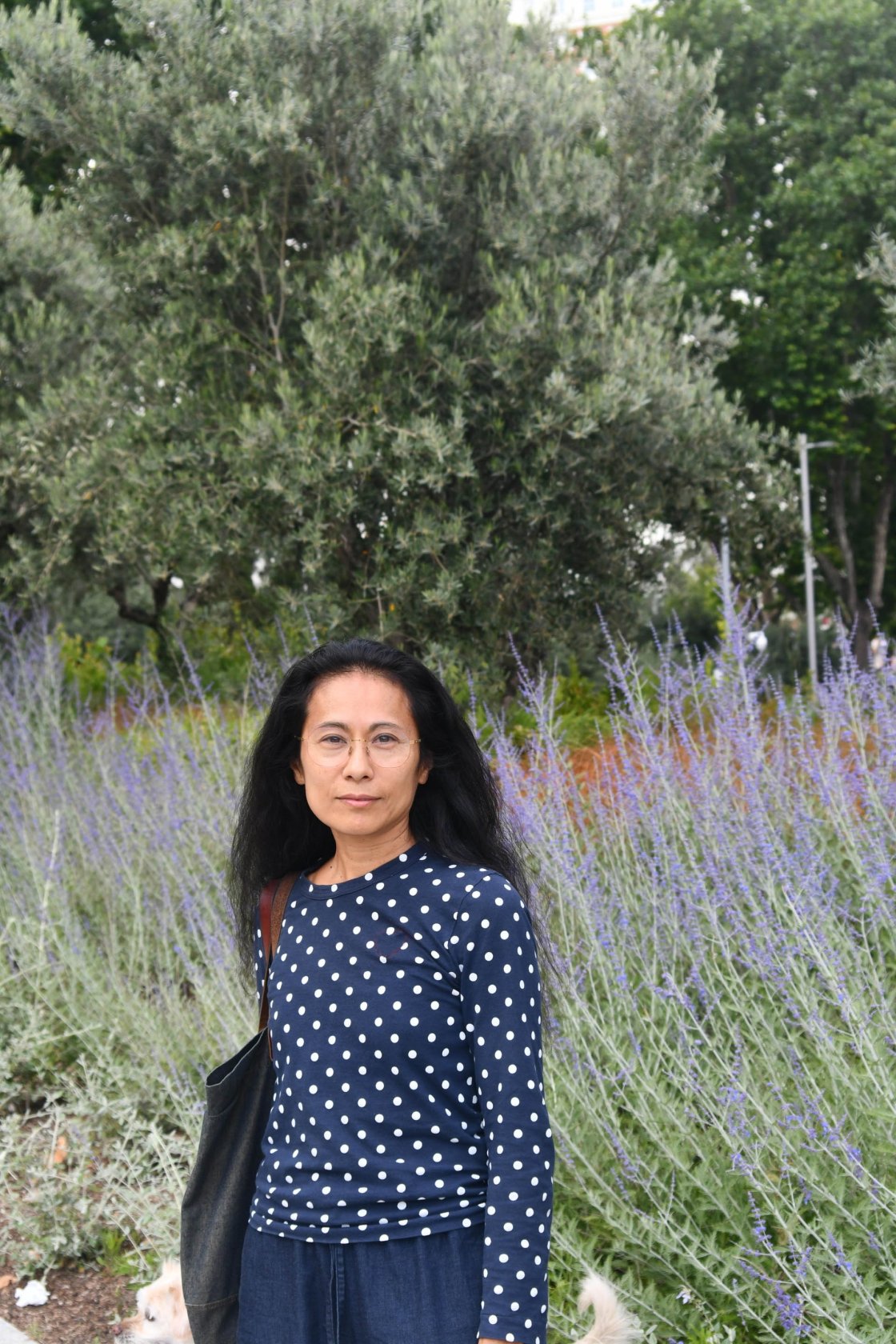
Sandra Gamarra Heshiki
(Lima, 1972) uses painting in a figurative way to cross-examine art and its mechanisms of representation, exhibition and commercialisation. Her appropriation-based work acts as a mirror that displaces exhibition formats, alters the image circuit, and subverts the ownership of culture as well as the narrative between the art object and its viewer. Within this field of investigation, the legacy of her home country generates a syncretic gaze where pre-Columbian, colonial and Western cultures collide. Some of her recent exhibitions recontextualise art genres like landscape, portraiture and still life to show how they have shaped a way of seeing the world which we now consider natural. In 2002, given the absence of contemporary art institutions in her native Lima, she created LiMac, a fictitious museum that appeared as a logo on merchandise (pencils, rubbers, mugs), an architectural project and a website: li-mac.org. In 2024 she represented Spain at the 60th Venice Biennale.
She has exhibited at the 11th Berlin Biennale, the 29th São Paulo Biennial, the ILLA Pavilion at Mundus Novus, the 53rd Venice Biennale and the 11th Cuenca Biennial. Gamarra’s work can be found in the collections of the Museo Reina Sofía, Madrid; MACBA, Barcelona; Tate Modern, London, Nationalgalerie-Hamburger Bahnhof, Berlin; MoMA, New York; MALI, Lima; and MAR, Rio de Janeiro, among other institutions. She lives and works in Lima and Madrid.
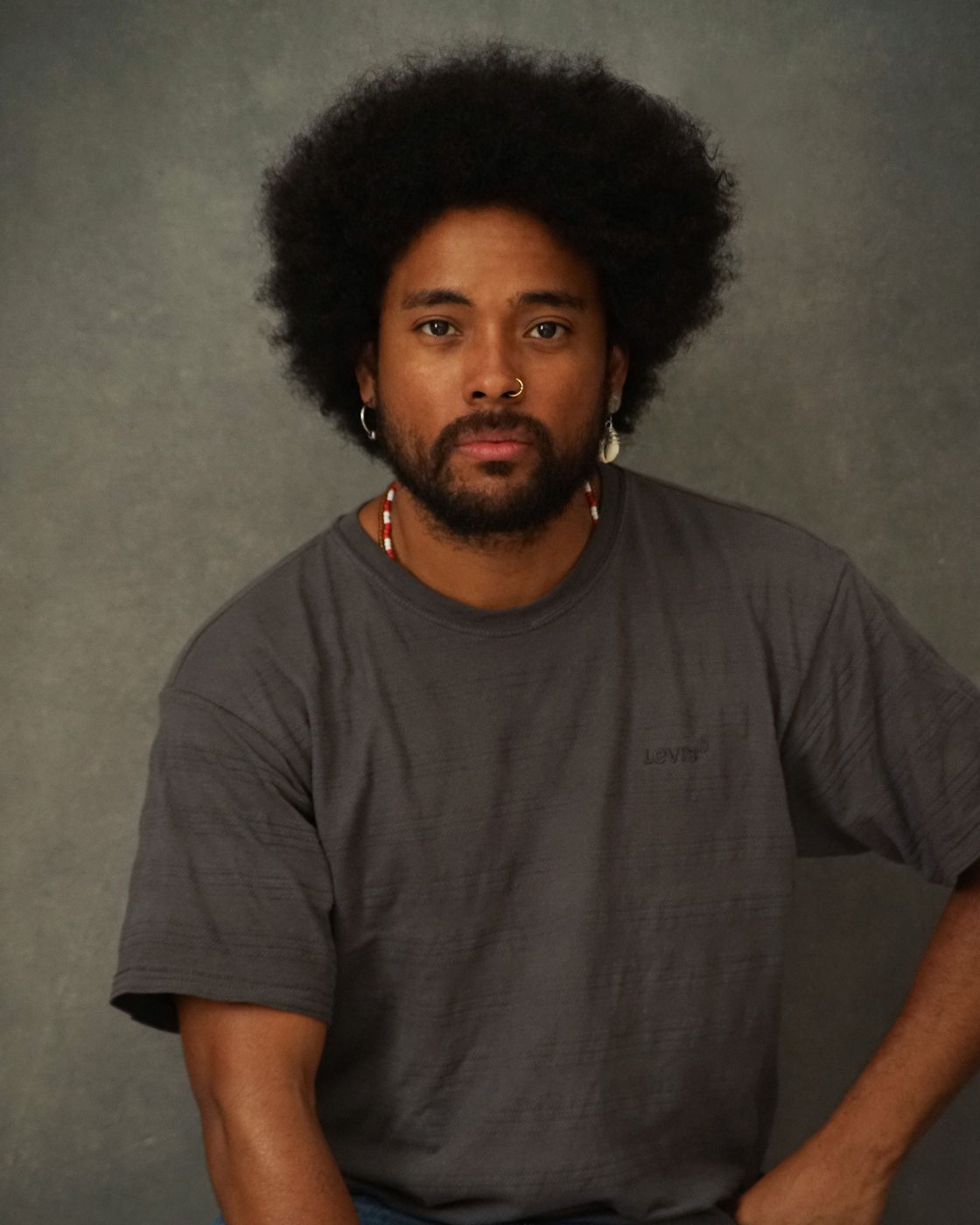
Yeison F. García López
(1992) was born in Cali, Colombia, and grew up in Madrid, Spain. He identifies as Afro-Colombian and Afro-Spanish. He studied Political Science and did a master’s in Research Methodology in Social Sciences: Innovations and Applications at the Complutense University of Madrid. García López is an anti-racism activist, founding member of Asociación Afrodescendiente Universitaria Kwanzaa at UCM (2014–2016), and member and coordinator of Asociación Conciencia Afro. He was curator of the Conciencia Afro Festival four years in a row (2016, 2017, 2018 and 2019) and director of Centro Cultural Espacio Afro. He received an honourable mention in the culture category at the 2022 National Youth Awards, was a finalist in the poetry category at the 2022 Mandarache Prizes with his collected poems Derecho de admisión, and was selected by the Colombian embassy in Spain as one of the winners of the 7th “10 Colombianos” Prize in 2022.
Co-curator of the exhibition Colonial Memory in the Thyssen-Bornemisza Collections at the Museo Nacional Thyssen-Bornemisza, he contributed a text titled “La decolonialidad ilustrada en el contexto español” to the catalogue of the Spanish Pavilion’s exhibition at the 60th Venice Biennale, Pinacoteca migrante.
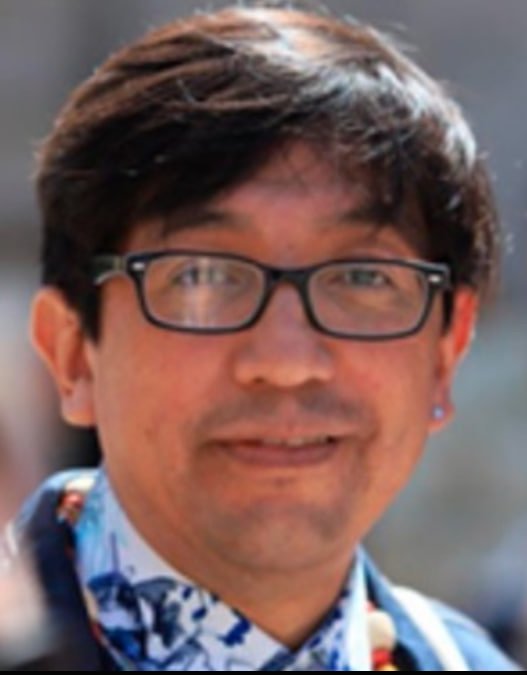
Erik Guerrero Márquez
Is a Mexican-Spanish consultant on political, parliamentary, migrant and decolonial affairs for the Spanish Congress and coordinating member of Frente Migrante in Madrid. He has worked in the areas of political influence and decolonialism for the Centro Profesional Indígena de Asesoría, Defensa y Traducción (CEPIADET) in Oaxaca, Mexico, and collaborated with the Consejo de los Pueblos y Barrios Originarios in Mexico City. He has a doctorate in Public Policy from the Instituto Tecnológico y de Estudios Superiores in Monterrey, Mexico, and is currently a postgraduate student at the Faculty of Political Science and Sociology of the Universidad Complutense de Madrid.
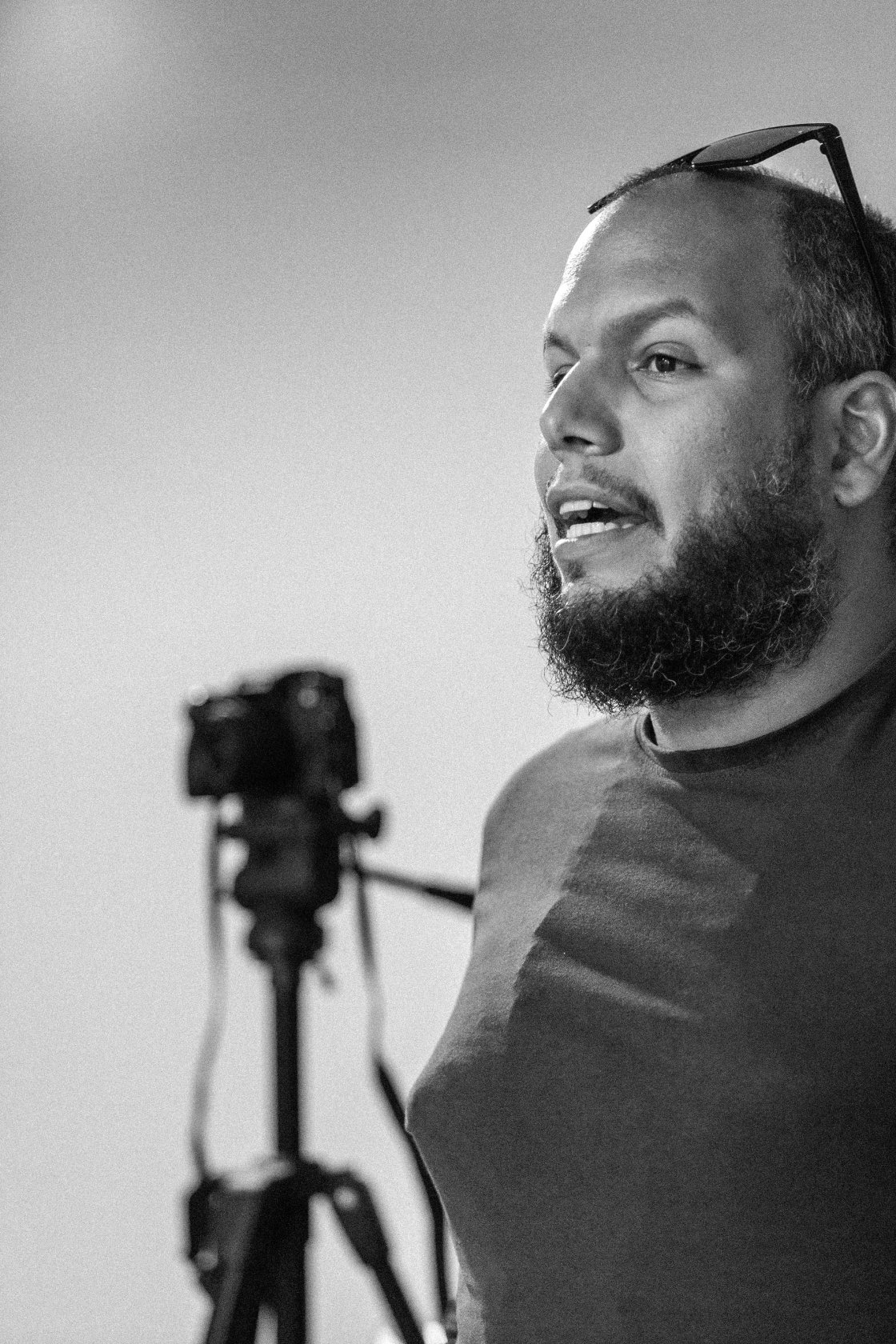
José Ramón Hernández
(Palma Soriano, 1988) is an interdisciplinary artist and graduate of Cuba’s Universidad de las Artes (ISA). Founder and artistic director of Osikán-Vivero de creación, his practice encompasses art direction, dramaturgy, choreography, curating, performance, mediation and cultural management. His creative research focuses on Afro-descendent ritualisms, the performativity of peripheral bodies, memories, migrations and spiritualities. Through the living arts, he explores the boundaries between fiction and truth, working with non-fictional documents and using sensory tools to intervene in social and community processes. Hernández has developed approximately a dozen pieces for the stage, most notably Eyilá-archivo vivo de resistencias, which won an Art for Change grant from Fundación La Caixa and was chosen to close ÍDEM, the International Performing Arts Festival, at Madrid’s La Casa Encendida in September 2024. His work has been presented at international venues like the Museo del Chopo, Mexico City; Maxim Gorki Theater, Berlin; Pumpenhaus, Münster Festival Santiago a Mil, Santiago de Chile; DE SINGEL, Antwerp; and the Monument-National, Montreal. He has also pursued curatorial interests as curator of the 2024 Picnic Sessions at the Centro de Arte Dos de Mayo (CA2M) in Madrid, the Afronteriza residency at Centro Cultural Espacio Afro, and the Los Caribes programme at Matadero Madrid.
His distinctions include the 2022 Visual Arts Circuit Prize from the Region of Madrid and the Villanueva Critics’ Award in Cuba. He is a spiritist, babalocha and palero.
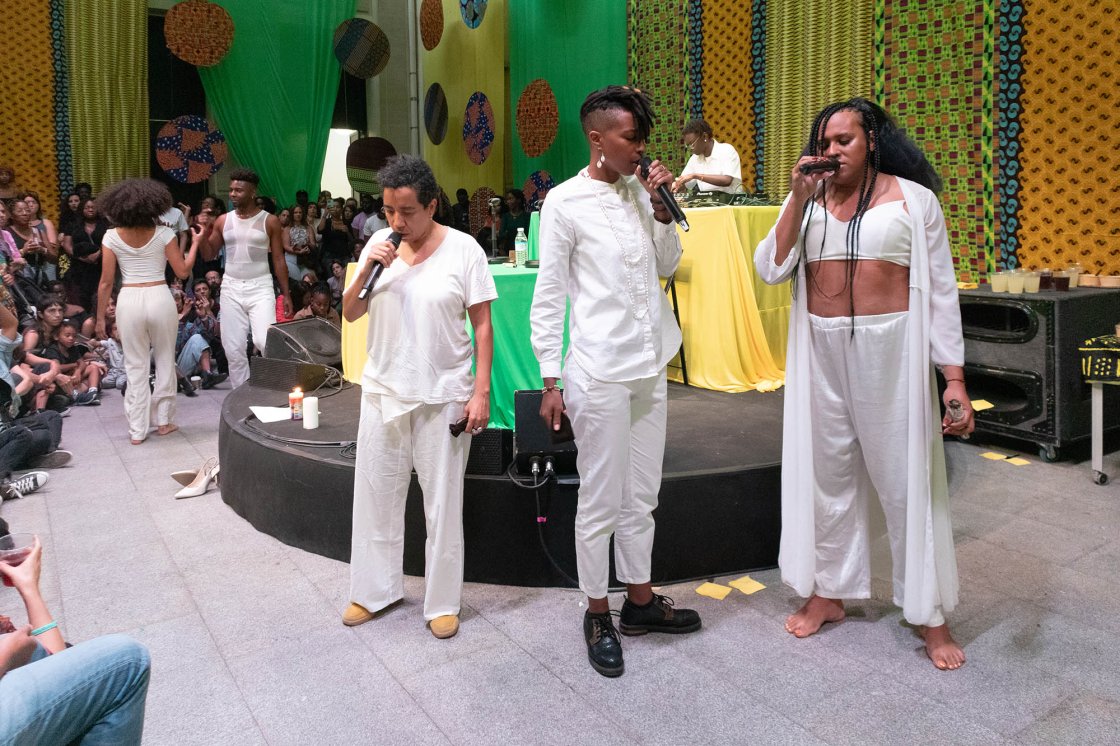
In the Wake
Is an art theory collective made up of artists and thinkers of the African diaspora who reside in Spain. It was formed in 2021 in Madrid with the goal of exploring the forms of Black Radical Thought that were being activated in the Spanish state and contributing to that activation. During 2022 and 2023, the collective did a group thought residency at the Matadero Madrid Centre for Artists in Residence. Their research and activation work has connected different artists from the international Afro-scene with creative Afro-descendent communities in Spain.
In the Wake traces, finds, rebuilds and imagines the resistance stories of Black people in the kingdom of Spain: biomythographies and tales of metropolitan maroonery woven and imagined from the scant vestiges found in archives and assembled using methods of creating and conveying knowledge typical of African diaspora communities: orality, sonority and bodily motion.
Some of the collective’s activations are A la Fuga: Metodologías Radicales para re-pensar el Atlántico Negro, an international workshop curated for the 2022 Matadero Critical Studies (November 2022); Black Stories: Ondulaciones Temporales, a performative activation of the uncapture at the Conciencia Afro Festival (October 2023); Ceiba, Yembé y Coco: sonoridades y oralituras negras-cimarronas at Matadero Centre for Artists in Residence (October 2023); and Ondulaciones Temporales II at the CA2M Picnic Sessions (July 2024).
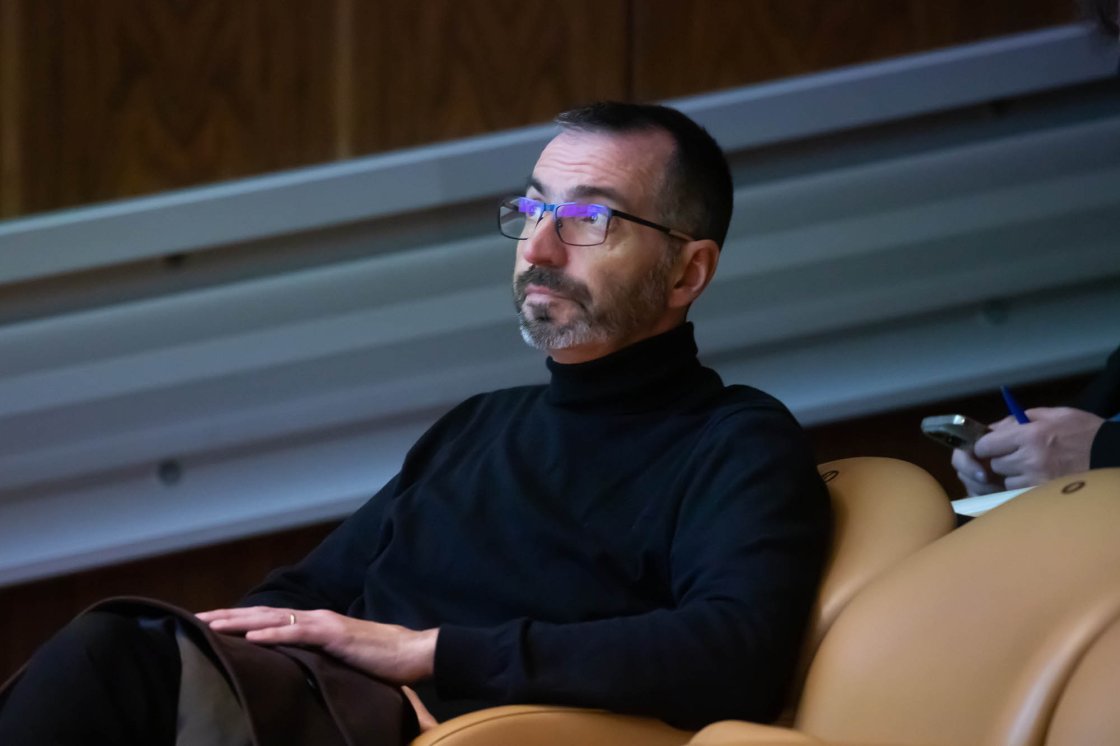
Juan Ángel López-Manzanares
(Zaragoza, 1969) earned his PhD with the thesis “Madrid antes de ‘El Paso’: la renovación artística en la postguerra madrileña (1945–1957)”, supervised by Valeriano Bozal. He has worked at the Museo Nacional Thyssen-Bornemisza since the year 2000, first as assistant curator, later as curator of the Carmen Thyssen-Bornemisza Collection, and since 2018 as curator and chief content officer. He has done important work curating the shows Impressionism and Open-air Painting. From Corot to Van Gogh (2013), Raoul Dufy (2015) and Monet / Boudin (2018), and co-curating the exhibitions Balthus (2019) and Colonial Memory in the Thyssen-Bornemisza Collection (2024). In 2021 he was the curator in charge of the Baron Thyssen-Bornemisza Centenary. 1921/2021. Since 2022, López-Manzanares has run an area of the Thyssen’s website titled “The Museum in the Cultural Debate”, with sections dedicated to “Feminism(s) and Equality”, “LGBTI+ and Non-Binary Identities”, “Climate Emergency”, “Decolonial”, “Migrations”, “Art & Science Synergies” and “Museum of the Commons”.
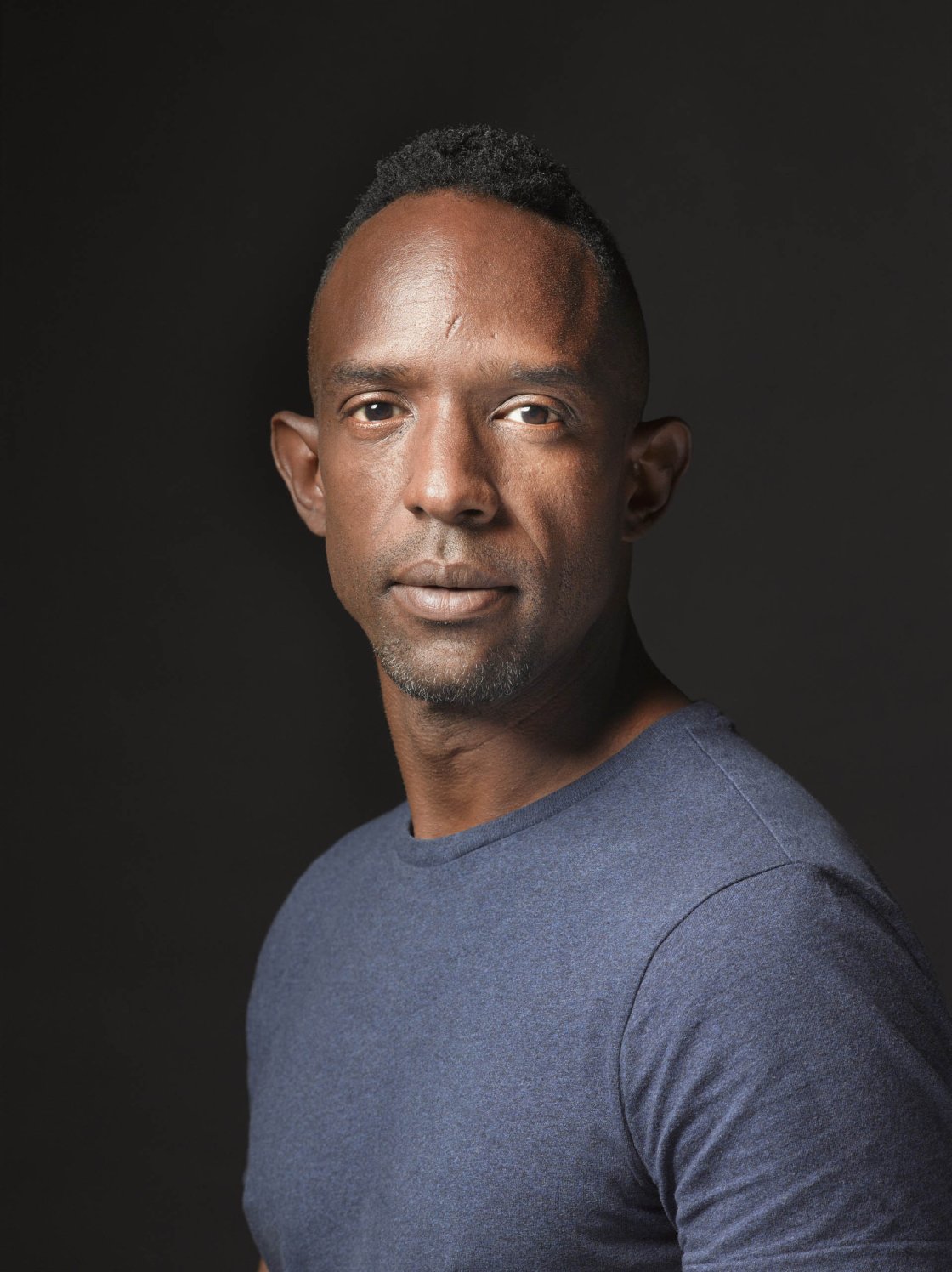
Charl Landvreugd
Raised in Rotterdam amid diverse migrant communities, Landvreugd promotes continental European concepts and language reflecting local sensibilities. Using various artistic disciplines, he explores citizenship and belonging in continental Europe’s visual arts. A Goldsmiths, Fulbright, and Columbia University alumnus, he earned a PhD in Curating Contemporary Art from the Royal College of Art. He currently serves as Head of Research and Curatorial Practice at the Stedelijk Museum Amsterdam.
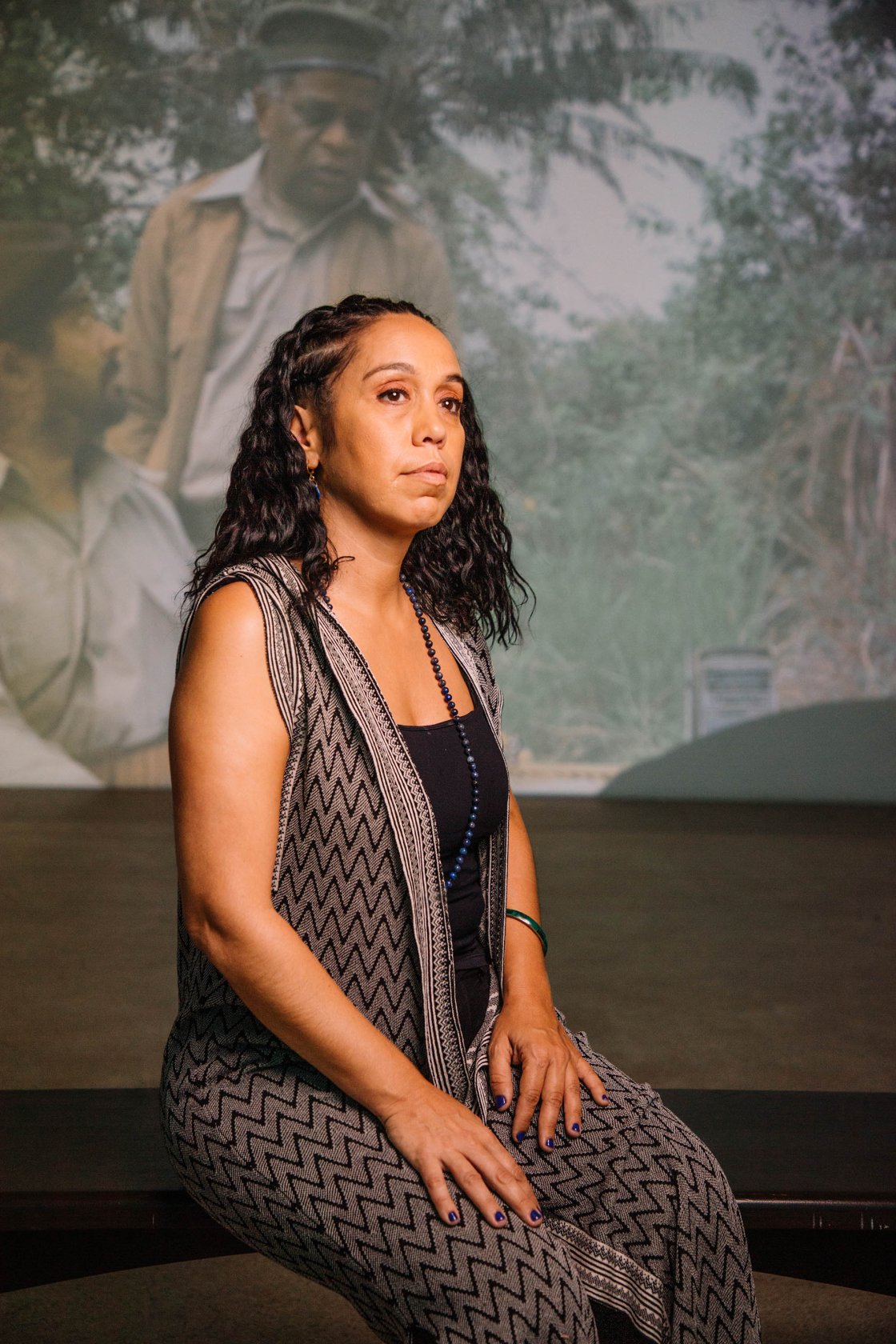
Mónica de Miranda
Is a Portuguese/Angolan visual artist, filmmaker, and researcher whose interdisciplinary and research-based practice critically looks at the convergence of politics, gender, memory, space, and history. Her work encompasses drawing, installation, photography, film, and sound, on the boundaries between documentary and fiction. Mónica investigates strategies of resistance, geographies of affection, storytelling, and ecologies of care.
She is the founder of Hangar (2014), an art and research centre in Lisbon. Hangar’s programmes provide spaces where artists, curators and researchers mainly from the global south can co-create and build social and creative networks to benefit their communities.
As artist and co-curator of the project Greenhouse, Mónica represents the Portugal Pavilion at La Biennale di Venezia 2024. Her work has been presented at major international events such as: 6th Lubumbashi Biennale; 12th Berlin Biennale; 12th Dakar Biennale; 5th Biennale Internationale de l’Art Contemporain de Casablanca; Bamako Encounters – 13th African Biennale of Photography; 14th Venice Architecture Biennale; BIENALSUR 2021; Houston FotoFest 2022; 18th Fotografia Europea, Reggio Emilia. Solo and group exhibitions have taken place at: CAIXA Cultural, Rio de Janeiro; Bildmuseet, Umeå; Kadist Art Foundation, Paris; Gulbenkian, Lisbon; MUCEM, Marseilles; AfricaMuseum, Tervuren; MAAT, Lisbon; MUAC, Mexico City; Barbican, London; Autograph, London; Frac pays de la Loire, Nantes; Uppsala Museum, Sweden; MNAC, Lisbon; Camões Cultural Institute, Luanda, among others. Mónica’s work features in public and private collections worldwide.
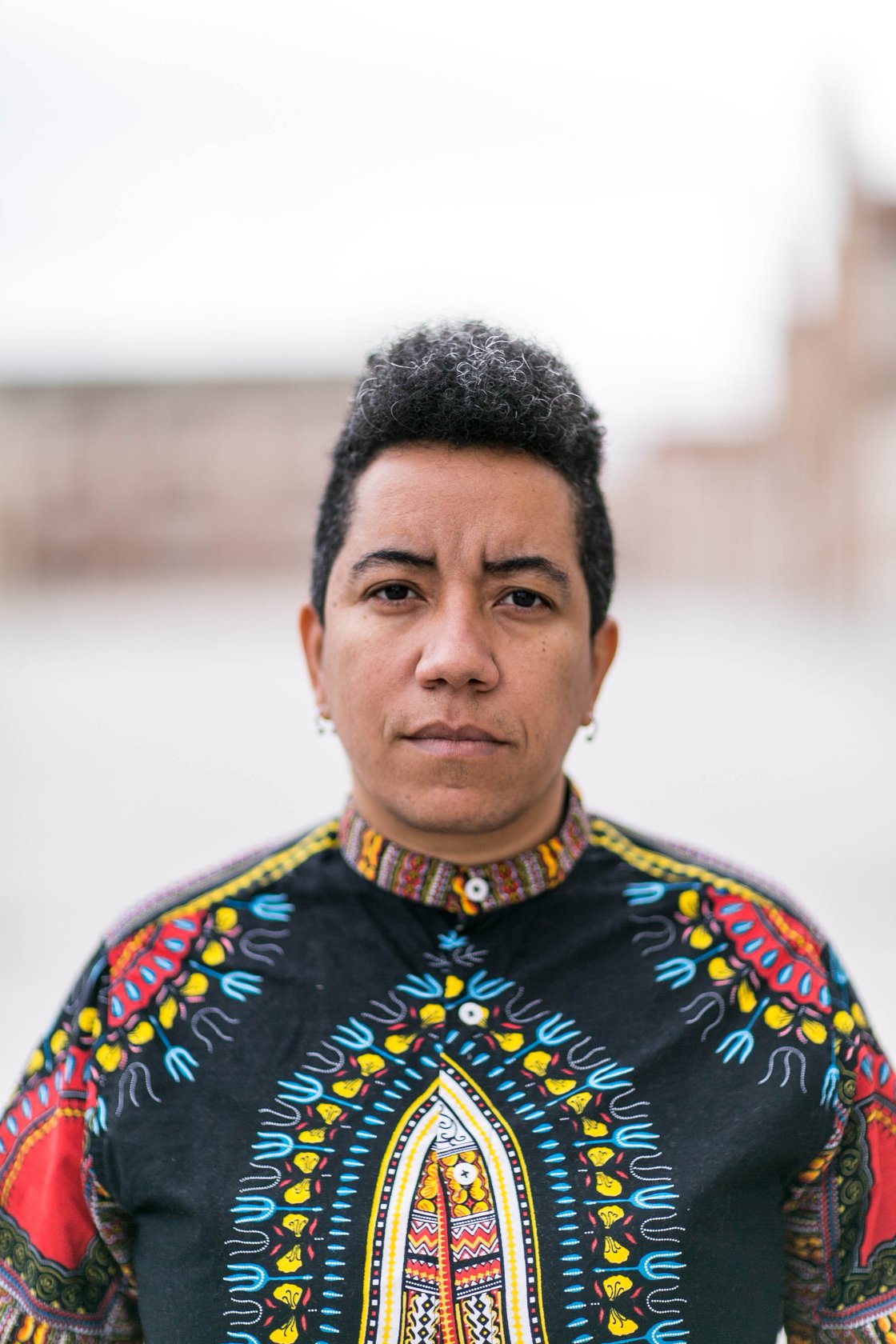
Esther (Mayoko) Ortega
Is an activist of Afro-feminism, anti-racism and sexual dissonance who in recent years has been activating Afro-centric and Afro-feminist thought via Conciencia Afro (Madrid) and La Casita Ediciones (Barcelona). She is currently part of In the Wake: Laboratorio Experimental de Pensamiento Negro, a collective dedicated to the artistic investigation of Black Radical thought. She also teaches at Tufts University and Middlebury College. Her research and activism interests lie at the intersections of critical studies of race, gender, and sexuality, Black Radical Thought, and Social Studies of Science (STS/CTS). In the publishing field, she co-edited Cartografías del cuerpo: Biopolíticas de la ciencia y la tecnología (Cátedra, 2014) and Barbarismos queer y otras esdrújulas (Bellaterra, 2017). Some of Ortega’s noteworthy articles are “Las negras siempre fuimos queer” (in El Libro del Buen Vmor: Sexualidades Raras y Políticas Extrañas, 2019) and “Céspedes y la colonialidad del archivo: historias de negritud y fuga en la modernidad española peninsular” (Open Library of Humanities, 2021). She recently prefaced Rafia Zakaria’s Contra el feminismo blanco (Continta me tienes, 2022) and La invención de las mujeres by Oyeronke Oyewumi (Virus, 2023) and co-authored “Entonces, ¿Qué acciones vas a emprender tú tras sumergirte en esta obra de Lorde?”, epilogue to the first Catalan-language edition of Audre Lorde’s book Sister/Outsider (Manifest Llibres, 2023).
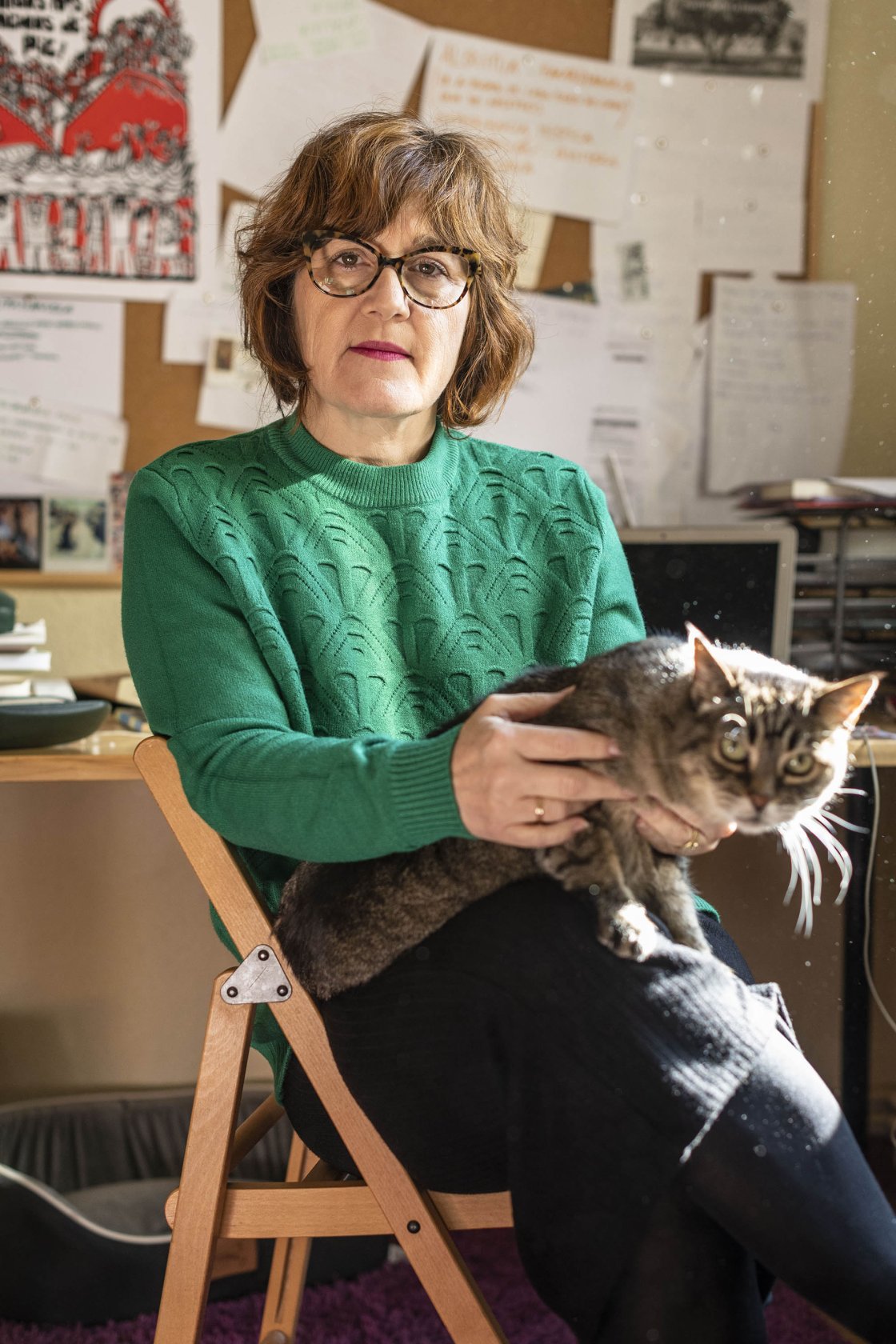
Andrea Pacheco González
Is a Chilean researcher and curator based in Madrid. She has a BA in Social Communication, an MA in Curating Art and New Media, and is pursuing a PhD in Fine Art at the Universidad Complutense de Madrid. In the field of contemporary art, she has focused her research on the debates that permeate notions of memory, identity, diaspora and territory. She is curator of the Chilean Pavilion at the 60th Venice Biennale (2024), with the exhibition Cosmonación by artist Valeria Montti Colque, and co-curator of Colonial Memory in the Thyssen-Bornemisza Collection (2024). Pacheco has curated solo shows for various artists, such as Asunción Molinos Gordo with Déjà Vécu. Lo ya vivido (2024) at the CA2M, Madrid; Juan Castillo with Geometría Emocional (2021) at the Museo de Arte Contemporáneo and Museo de la Memoria y los Derechos Humanos, Santiago de Chile; Dagoberto Rodríguez with Guerra interior (2020) at the CAAM, Gran Canaria; Teresa Margolles with La carne muerta nunca se abriga (2019) at the Museo de la Solidaridad Salvador Allende, Santiago de Chile; and Los Carpinteros with La cosa está candela (2017) at the Museo de Arte Miguel Urrutia, Bogotá. She has also organised group exhibitions, including Corazón Pulmones Hígado. Pensar con las entrañas (2019) as a guest curator at the Matadero Madrid Centre for Artists in Residence. She worked as head of exhibitions at MAC Quinta Normal - Museo de Arte Contemporáneo of the Universidad de Chile. Pacheco is currently the artistic director of the independent Madrid-based platform FelipaManuela, founder of the Instituto de la Tierra in Extremadura, and lecturer at the Universidad Nebrija in Madrid. Her books and publications include Sombras ocultas en el tiempo (FelipaManuela Ediciones, Archive Books, 2022) and Crónicas de sangre impura (FelipaManuela Ediciones, 2020).
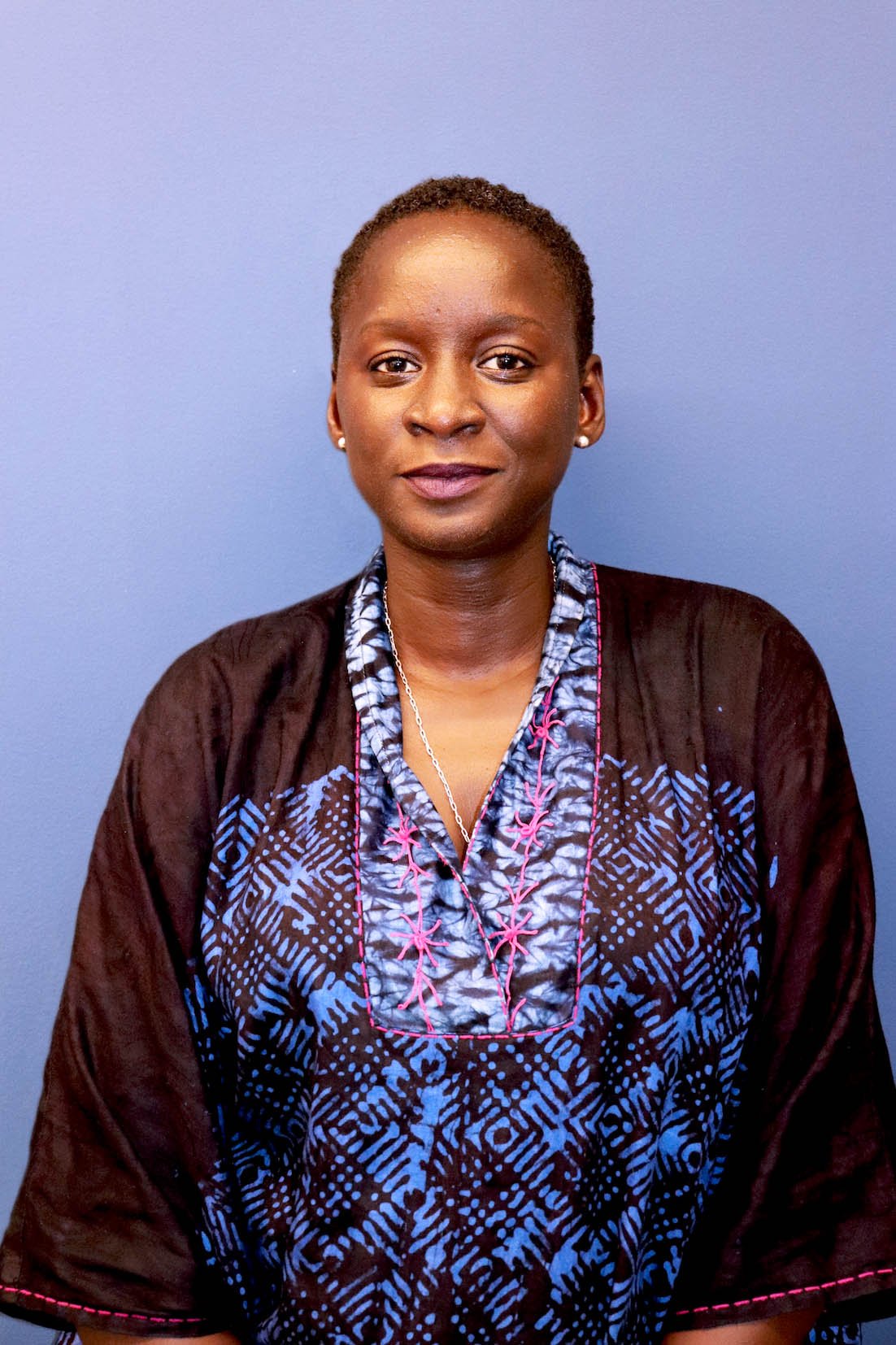
Marie Helene Pereira
Is Senior Curator (performative practices) at Haus der Kulturen der Welt in Berlin. She has a strong interest in histories of migrations and politics of identity. Previously she was part of the artistic team of the 12th Berlin Biennale, 2022; member of RAW Material Company in Dakar since its inception in 2011 and its director of programmes from 2019-22; and co-curated a guest section of the 13th Dakar Biennale of Contemporary African Art, 2018. She lives and works in Berlin.
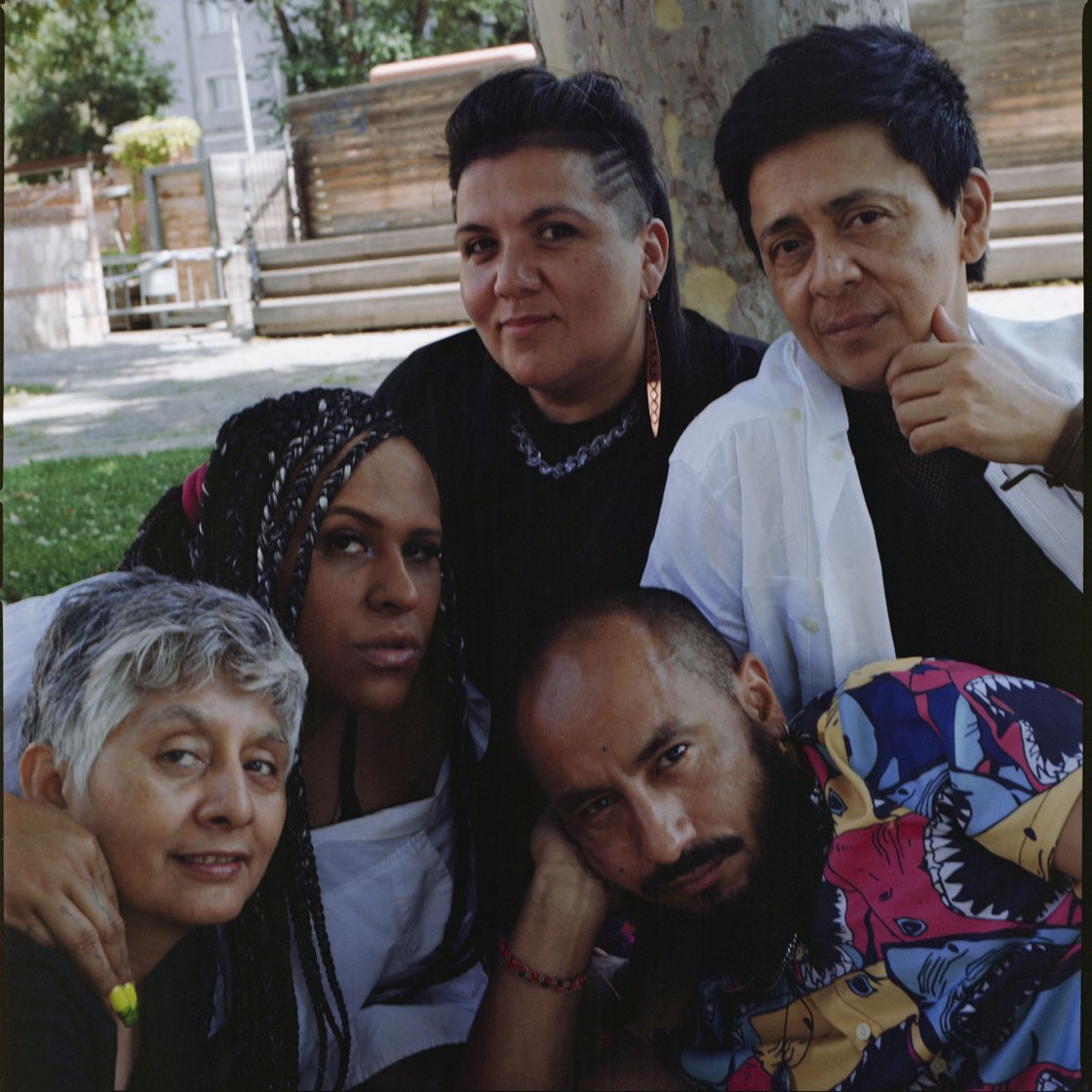
Leticia/Kimy Rojas
Specialises in critical decolonial studies, trans-feminisms, ancestral sexual dissonances and migration. With a PhD in Sociology and Anthropology (UCM, 2020), Rojas’s doctoral research focused on the narratives/journeys of trans and racialised (trans)feminist butches via the decolonial epistemologies of the “South” (2015–2020). Lately Rojas has been investigating the ancestral sexualities of the Manteño-Huancavilca cultura.
Leticia/Kimy Rojas is a member of the Colectivo Ayllu, a collaborative artistic-political action and research group made up of migrants, racialised persons, sexual and gender dissidents from former Spanish colonies in Latin America and the Caribbean. The collective was formed in 2017 as an offshoot of the activist group Migrantes Transgresorxs, established in 2009. It proposes a critique of colonialism, whiteness and heterosexuality by offering artistic productions in various formats and generating collective learning, mediation and writing processes. Ayllu, a Quechua word that means extended family, represents an affective community, a family woven from different places, recovering ancestral memories and travelling with other poetics to future collective spaces. In addition to writing and teaching activities, Colectivo Ayllu has participated in twenty-odd exhibitions, most notably the 35th São Paulo Biennial - “Coreografias do impossível” (2023), the 5th Kochi-Muziris Biennale - “In Our Veins Flow Ink and Fire” (2022), Vasos comunicantes. Colección 1881–2021 at the Museo Reina Sofía (2021) and the 22nd Biennale of Sydney - “NIRIN” (2020).
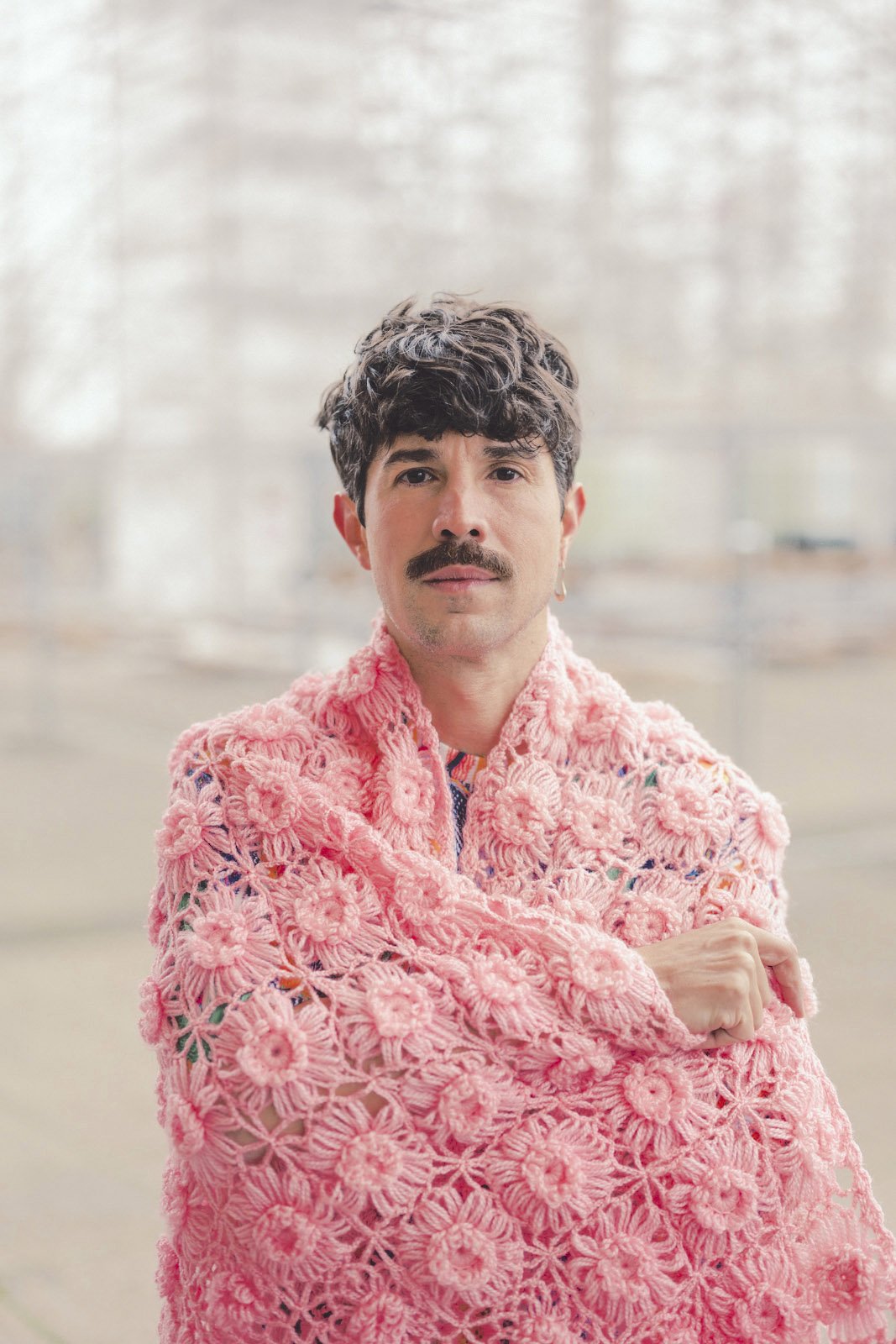
Atabey aka Carlos María Romero
Is a curator and multidisciplinary artist from the Colombian Caribbean. His work materialises as performance, moving images, danced practices, community and educational projects, curatorial activity and interventions to protect and stimulate the exercise of cultural heritage and sites relevant to historically oppressed populations and to social cohesion.
Since 2022, he has been in charge of performative practices at HKW - Haus der Kulturen der Welt in Berlin, curating programmes (Acts of Opening Again: A Choreography of Conviviality and Into the Unfathomable Pearl), exhibitions (O Quilombismo-Of Resisting and Insisting. Of Flight as Fight. Of Other Democratic Egalitarian Political Philosophies), annual events like the Bwa Kayiman congress, and the ongoing practice and workshop series Politics of Rhythm that included “Bullerengue: Planting the Seeds for Community Healing”, among many other programmes which prioritise the construction and settlement of communities around practices of cultural empowerment, embodiment and enjoyment through intercultural learning.
In 2014, he and Inti Guerrero co-curated the exhibition Josephine Baker e Le Corbusier no Rio – Um Caso. Transatlântico at the Museu de Arte do Rio (MAR). In 2022, he curated art and wellness festivals for London’s Latinx community with Brixton Reel and Movimientos. He often collaborates with charitable organisations and artists’ collectives, including SPIT! - ¡Sodomitxs, Pervertidxs, Invertidxs Todxs Juntxs! and Danza en el cruce de caminos (mientras caminamos), which exposes and confronts colonialism and racism in international dance networks, creating a space of socialisation and mutual assistance to cultivate re-membering, love and beauty.
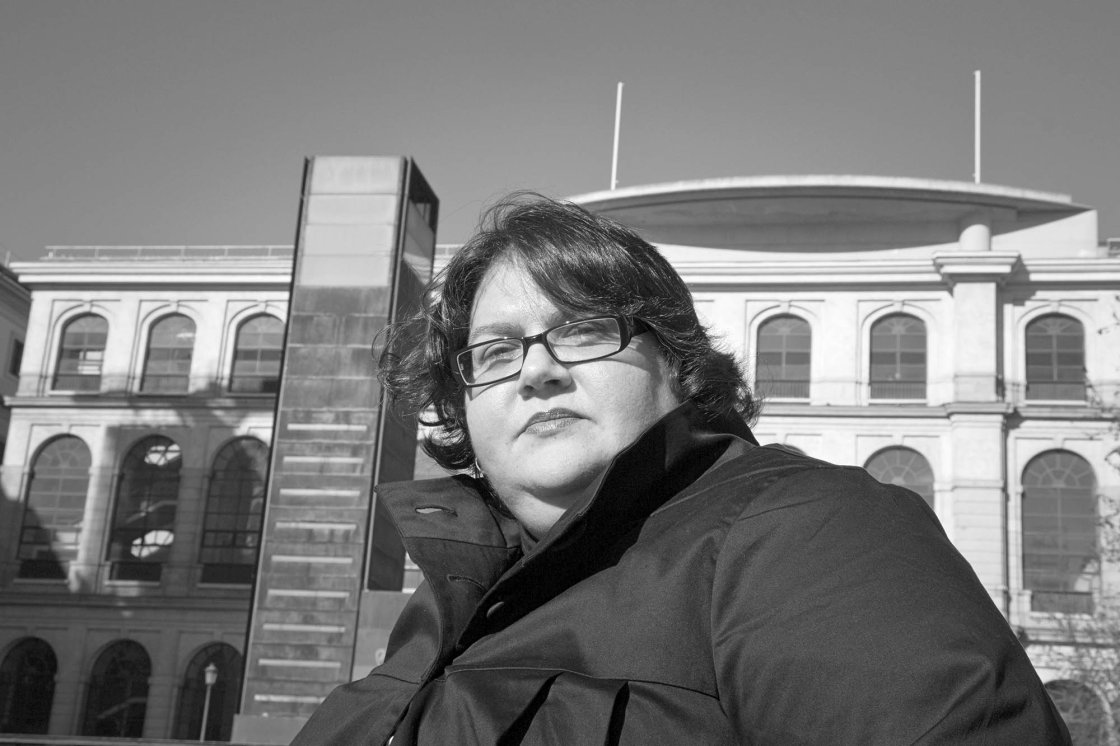
Suset Sánchez Sánchez
(Havana, 1977) is a curator and art critic based in Madrid since 2004. She has an MA in the History of Contemporary Art and Visual Culture from the Universidad Autónoma de Madrid (2013) and a BA in Art History from the Universidad de La Habana (2000). She is currently in charge of Latin American art in the Collections Department of the Museo Nacional Centro de Arte Reina Sofía. Previously, Sánchez was curator of the activities programme at Intermediæ Matadero Madrid (2007–2011). She was awarded a residency at the Real Academia de España en Roma (2016–2017). In 2016 she received the Critical Essay Research and Production Grant from TEOR/éTica and Lado V in Costa Rica for a project titled La agencia afrodescendiente en Centroamérica y el Caribe: cartografías políticas del Atlántico negro y Afro-Latinoamérica en los discursos artísticos contemporáneos de la región. In 2013, her exhibition rumor... relatos decoloniales en la Colección 'la Caixa' won the first Comisart competition at CaixaForum Barcelona. She received a postgraduate scholarship from Fundación Carolina (Casa de América, Madrid, 2002–2003) and was part of the research group “Península: procesos coloniales y prácticas artísticas y curatoriales” formed at the MNCARS in 2012. Sánchez works with art, film and visual culture, and her research focuses on the relationships between narratives of postcolonial nationhood and the intersections of race and gender. Her field of study encompasses Latin American and Caribbean art and the cultural productions of the African diaspora.

Cindy Sissokho
(b. France) is a curator, cultural producer, art consultant, and writer with a specific focus on anticolonial, social, and political practices within the arts and culture. Her curatorial and writing work is nurtured by the urgency to broaden and disseminate knowledge and artistic production from systemically racialised and marginalised perspectives. She is the curator of the major exhibition Hard Graft: Work, Health & Rights that will launch on 19th September at the Wellcome Collection in London. She is also the co-curator of the French Pavilion –with Céline Kopp, represented by artist Julien Creuzet– for the 60th Venice Biennale in 2024. She previously worked as a Curator at the New Art Exchange and in the Exhibitions & Public Programmes team at Nottingham Contemporary.
